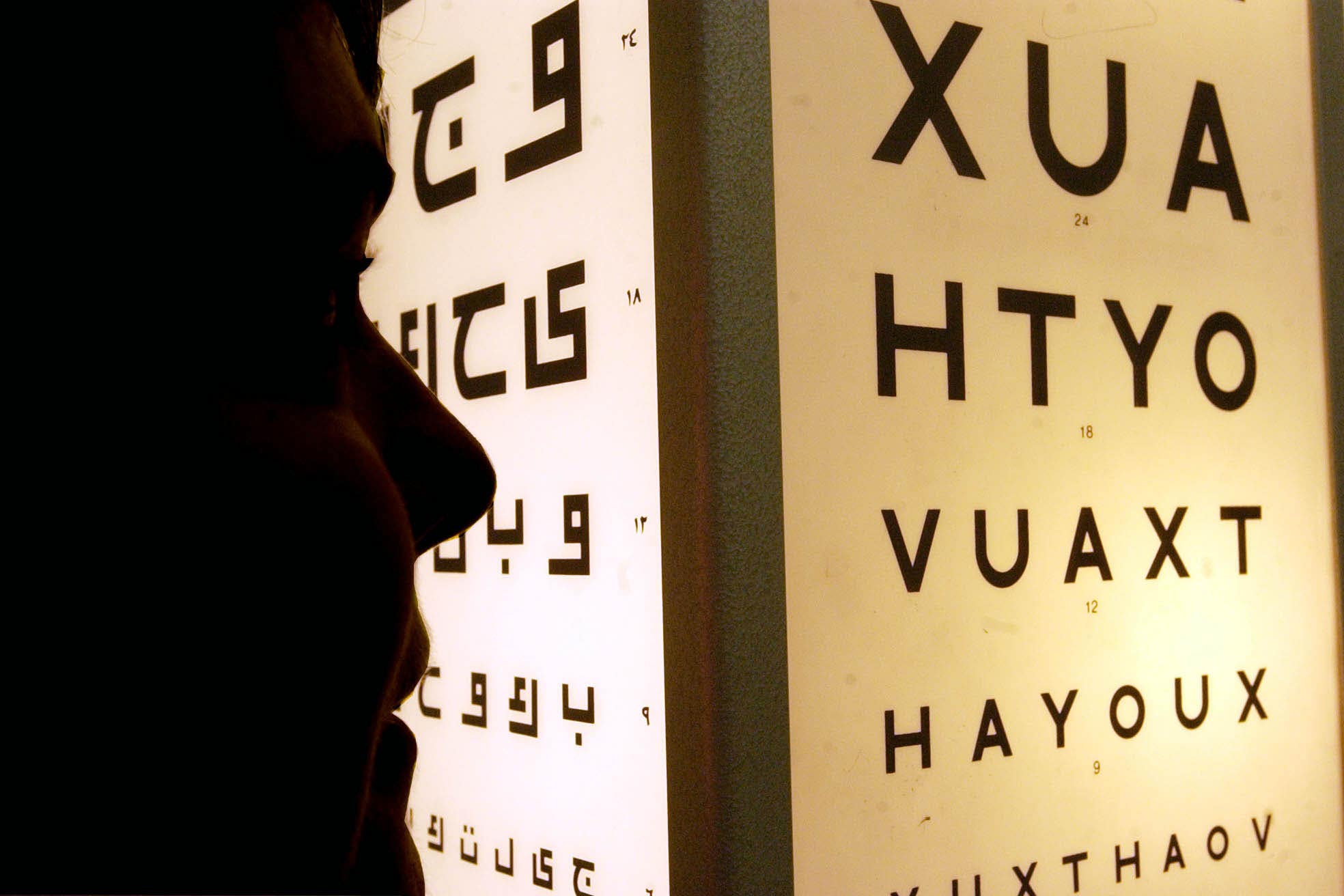Children with lazy eyes at higher risk of developing serious health conditions
Up to 4% of children globally are thought to be affected by Amblyopia

People who had “lazy eye” in childhood may be at higher risk of diabetes, heart disease and other serious health conditions later in life, a study suggests.
An analysis of data from more than 126,000 UK adults suggests those diagnosed with amblyopia as a child were also more likely to have high blood pressure and obesity when they are older.
The researchers said the findings, published in the journal eClinicalMedicine, do not show a “causal relationship” between amblyopia and ill health but added children with the condition may need even more incentive to follow a healthy lifestyle.
Professor Jugnoo Rahi, of UCL Institute of Ophthalmology and Great Ormond Street Hospital, said: “Amblyopia is an eye condition affecting up to four in 100 children.
“In the UK, all children are supposed to have vision screening before the age of five, to ensure a prompt diagnosis and relevant ophthalmic treatment.
“It is rare to have a ‘marker’ in childhood that is associated with increased risk of serious disease in adult life, and also one that is measured and known for every child – because of population screening.
“The large numbers of affected children and their families may want to think of our findings as an extra incentive for trying to achieve healthy lifestyles from childhood.”
Amblyopia is a neurodevelopmental condition where vision in one eye does not develop properly because the brain cannot properly process visual signals in the affected eye.
Up to 4% of children globally are thought to be affected by it.
In the UK, treatment usually starts before the age of seven, which can sometimes help improve vision in the weaker eye.
To carry out the study, the researchers looked at health data for 126,399 people, aged 40 to 69, in the UK Biobank – which holds medical and lifestyle records of more than half a million people.
It showed that among the 3,238 people who reported having a lazy eye as a child, more than four out of five had persistent reduced vision in one eye as an adult.
Those who had the condition as a child also had 29% higher odds of developing diabetes, 25% higher odds of having high blood pressure and 16% higher odds of being obese.
They were also at increased risk of heart attack – even when other risk factors for these conditions were taken into account, such as social class, ethnicity and other diseases, the team said.
Health problems were also seen in people who had amblyopia as a child but regained their vision, although the correlation was not as strong, the team added.
Dr Siegfried Wagner, of the UCL Institute of Ophthalmology and Moorfields Eye Hospital, said: “Vision and the eyes are sentinels for overall health – whether heart disease or metabolic disfunction, they are intimately linked with other organ systems.
“This is one of the reasons why we screen for good vision in both eyes.
“We emphasise that our research does not show a causal relationship between amblyopia and ill health in adulthood.
“Our research means that the ‘average’ adult who had amblyopia as a child is more likely to develop these disorders than the ‘average’ adult who did not have amblyopia.
“The findings don’t mean that every child with amblyopia will inevitably develop cardiometabolic disorders in adult life.”
Commenting on the research, Poonam Patel, eye health information services manager at the Royal National Institute of Blind People (RNIB), said: “This research provides a good opportunity to highlight the importance of eye tests and child vision screening for the early detection of refractive error and amblyopia in children.
“Early detection of amblyopia can help ensure timely treatment and limit the impact this has on sight.
“Child vision screening should be made available in all areas for all children when starting school at the age of four-five, though there are currently some areas where this isn’t yet available.
“Children should also have regular eye tests with an optometrist, especially if there is a family history of refractive error, squint or amblyopia.”
Bookmark popover
Removed from bookmarks